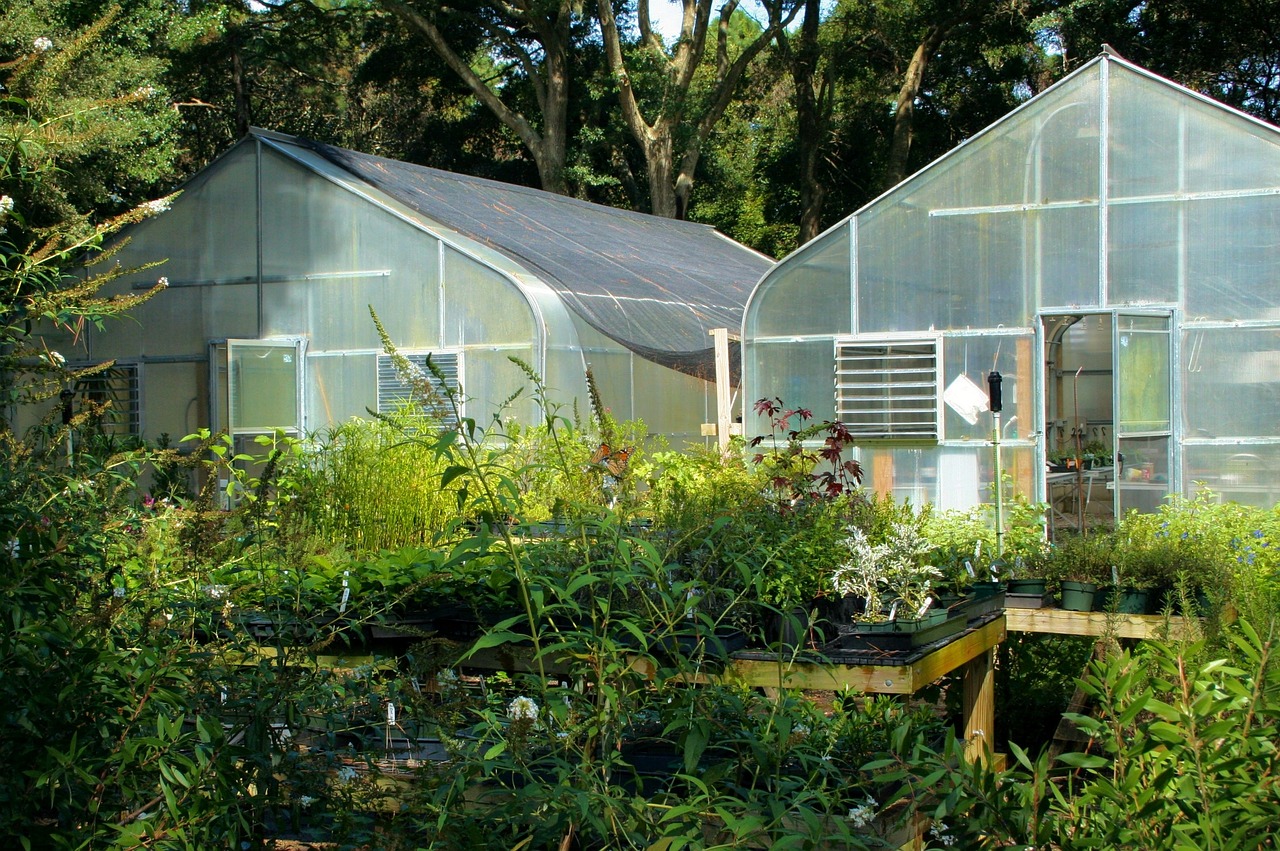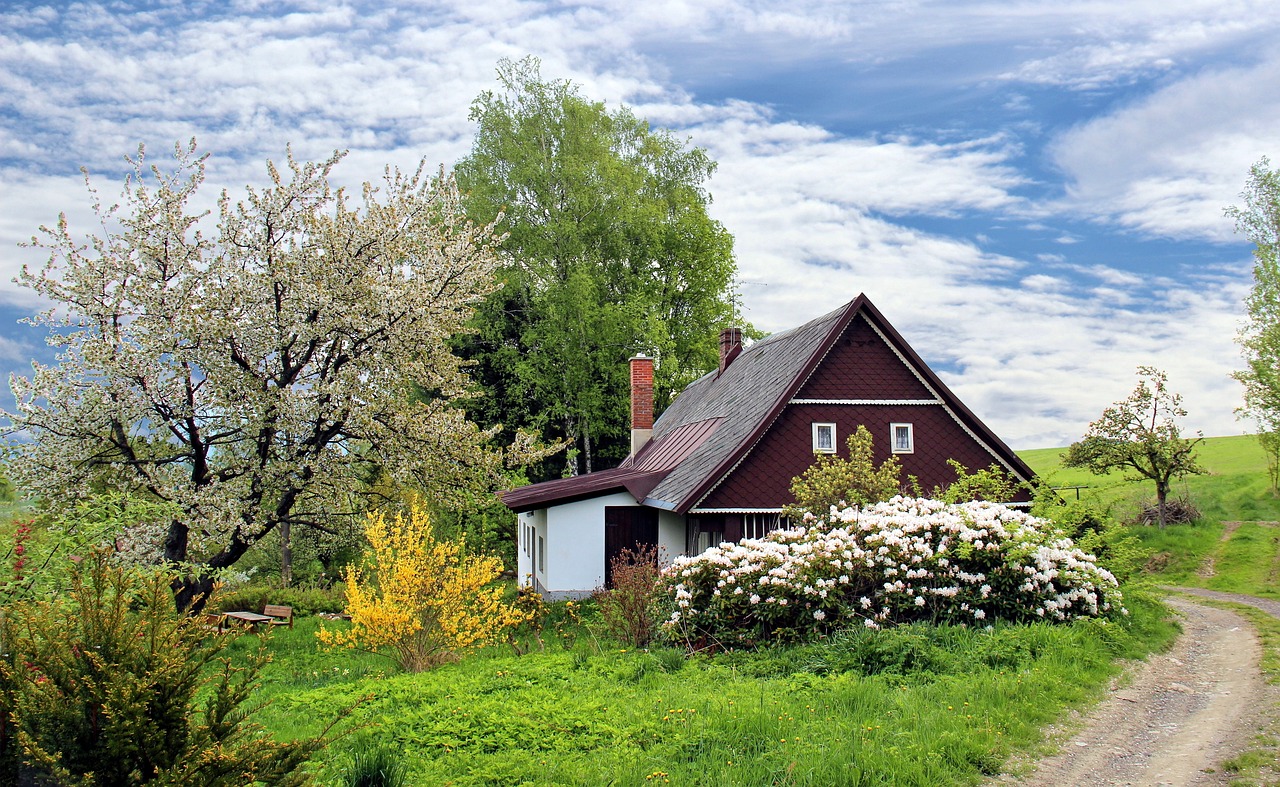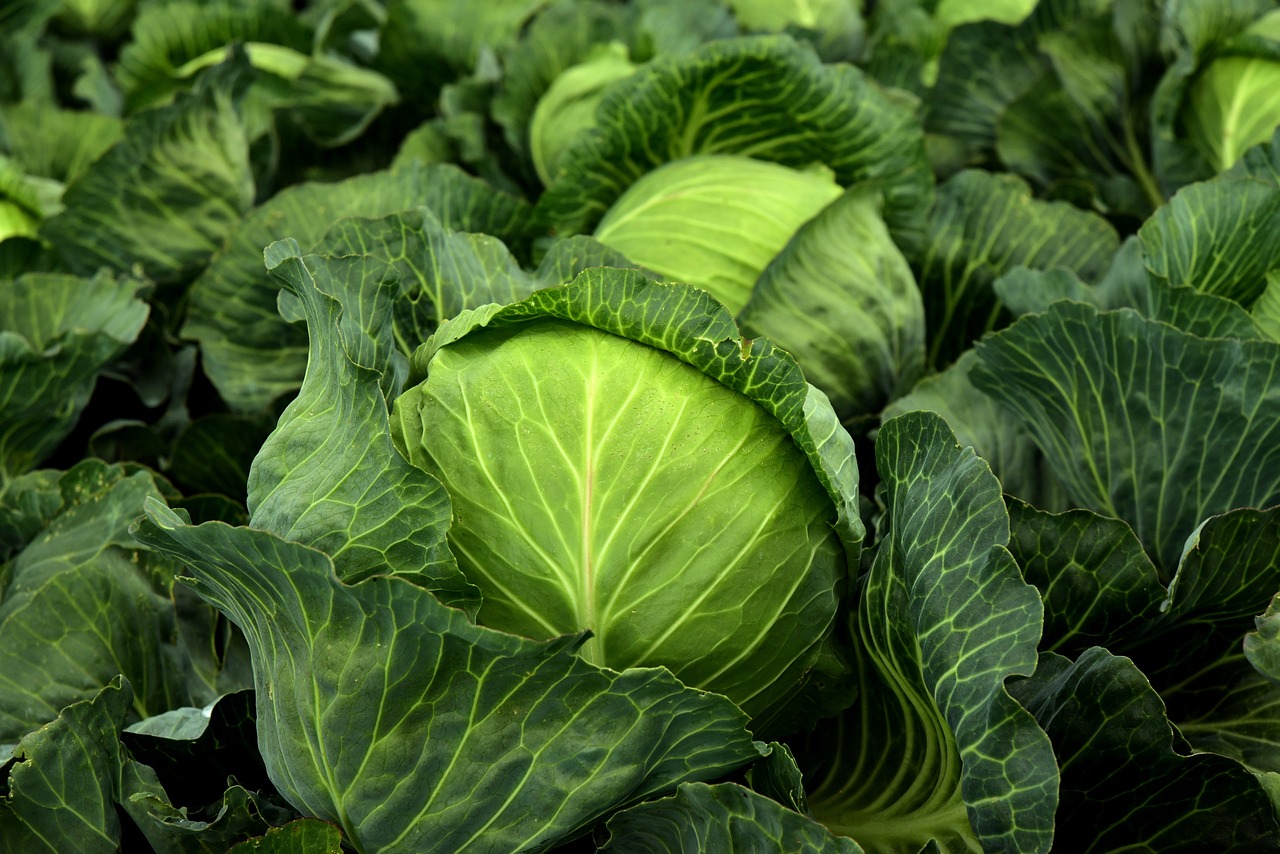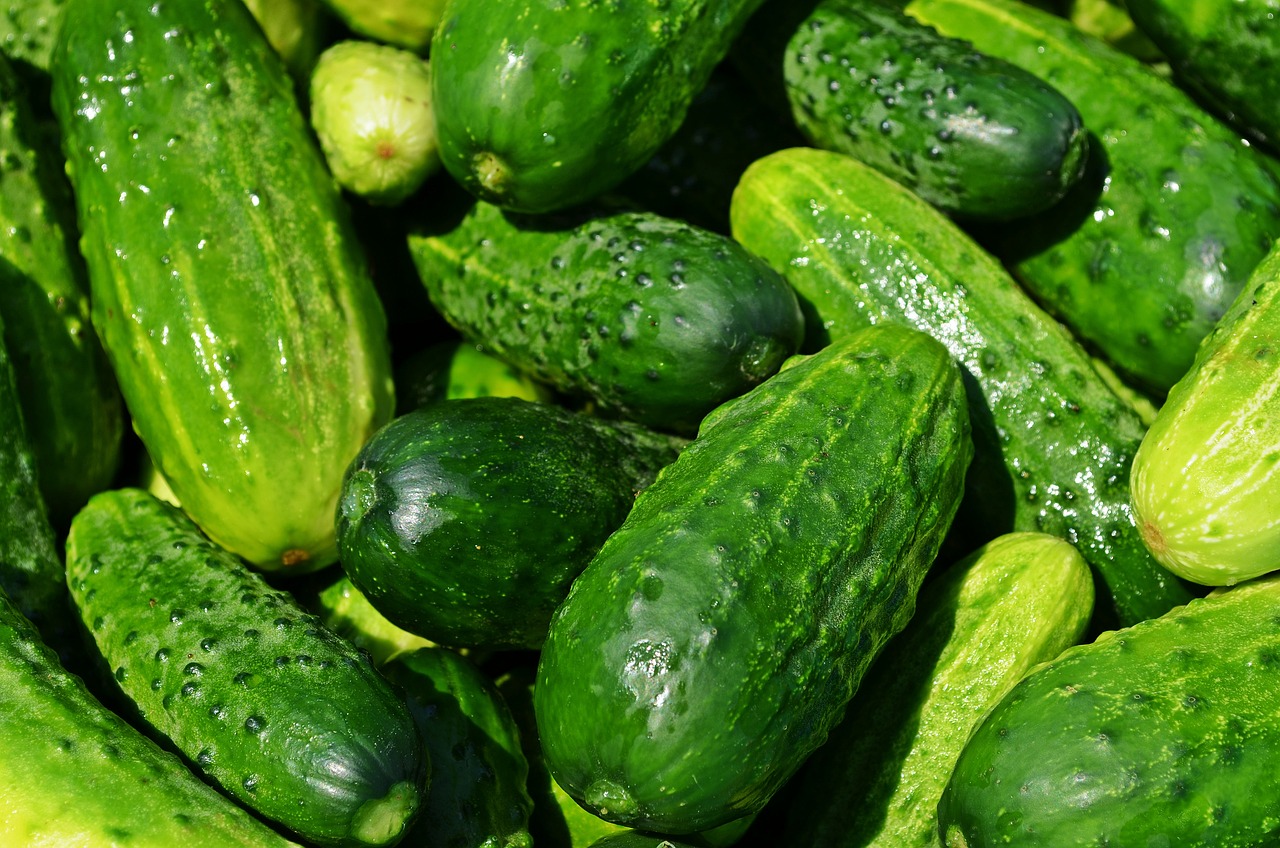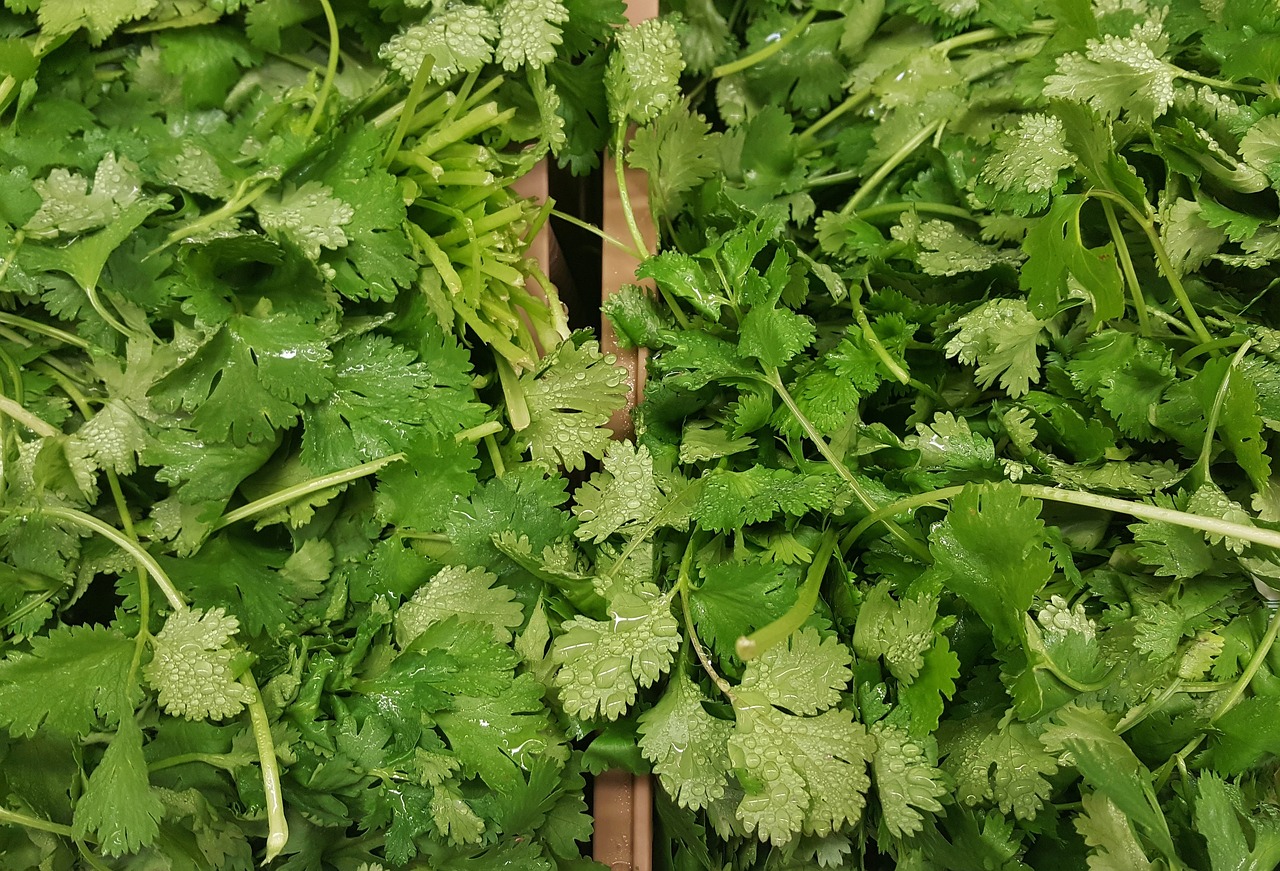Are you tired of battling with pesky weeds that seem to never go away in your garden? Don’t worry, you’re not alone. Dealing with weeds is a common challenge for gardeners, but there are strategies you can use to effectively manage and prevent them.
In this article, we’ll discuss how to identify common garden weeds and the mechanical and chemical control methods you can use to get rid of them. We’ll also explore prevention strategies that can help stop weeds from growing in the first place.
By following these tips, you’ll be able to maintain a weed-free garden and enjoy a beautiful and healthy outdoor space.
Identifying Common Garden Weeds
If you’re struggling with pesky weeds in your garden, it’s crucial to be able to quickly identify common culprits like dandelions and crabgrass. Differentiating invasive weeds is an important step in preventing them from taking over your garden.
Some invasive weeds, like Japanese knotweed, can grow several feet in just a few weeks and can quickly overtake other plants in your garden. However, not all weeds are bad. Some, like clover and chickweed, can be beneficial to your garden by adding nutrients to the soil and attracting pollinators.
In addition to identifying invasive weeds, incorporating companion planting can also help prevent them from growing. Companion planting is the practice of planting certain plants next to each other to help them thrive. For example, planting marigolds next to tomatoes can help deter pests and improve tomato growth. Similarly, planting basil next to peppers can improve the flavor of both plants.
By incorporating companion planting into your garden, you can create a more diverse and healthy ecosystem that is less prone to weed growth.
Mechanical Control Methods
Using mechanical control methods, you can physically remove weeds from your outdoor space. Hand weeding is a popular option for gardeners who want to get rid of weeds without the use of chemicals. This method involves pulling out the weeds by hand, making sure to remove the entire root system. It’s important to do this regularly to prevent the weeds from spreading and taking over your garden.
Hand weeding is particularly effective for small gardens or for getting rid of a few weeds here and there. Another mechanical control method is mulching. Mulch is a layer of organic material that’s spread over the soil to cover the ground and help retain moisture. This layer also helps to suppress weed growth by blocking sunlight and preventing weed seeds from germinating.
Mulching is a great option for larger gardens, as it can cover a larger area than hand weeding. However, it’s important to use high-quality mulch that’s free of weed seeds. Otherwise, you may end up with even more weeds in your garden.
Chemical Control Methods
Chemical control methods, although controversial, can be an effective way to eliminate unwanted vegetation from your outdoor space. However, it’s important to use caution when selecting and applying herbicides to prevent harm to desirable plants and the environment.
When selecting a herbicide, consider its mode of action, target weeds, and potential environmental impacts. It’s also important to follow the label instructions carefully and apply the herbicide only to the targeted weeds, avoiding drift onto desirable plants or nearby water sources.
Additionally, timing is crucial; apply herbicides when the target weeds are actively growing and not under stress. By taking these precautions, you can effectively control weeds while minimizing harm to other plants and the environment.
Prevention Strategies
By implementing simple preventative measures, you can save time and money while preserving the natural beauty of your outdoor space.
One of the most effective ways to prevent weeds from taking over your garden is by using mulch. Mulching benefits your plants in many ways, such as retaining soil moisture, regulating soil temperature, and suppressing weed growth. Organic mulches such as shredded bark, leaves, or straw also improve the soil’s fertility as they decompose. By applying a 2-3 inch layer of mulch around your plants, you can prevent weeds from germinating and competing with your flowers or vegetables for nutrients.
Another way to prevent weeds is by practicing companion planting. Companion planting involves growing different plants together that have mutually beneficial relationships. Some plants repel pests or attract beneficial insects, while others provide shade or support. When you plant your garden beds with companion plants, you create a diverse ecosystem that is less susceptible to weed infestations.
For example, planting marigolds around your tomatoes can repel nematodes, while growing beans and peas can fix nitrogen in the soil and improve its structure. By using companion planting, you can reduce the need for synthetic pesticides and fertilizers, which can harm the environment and your health.
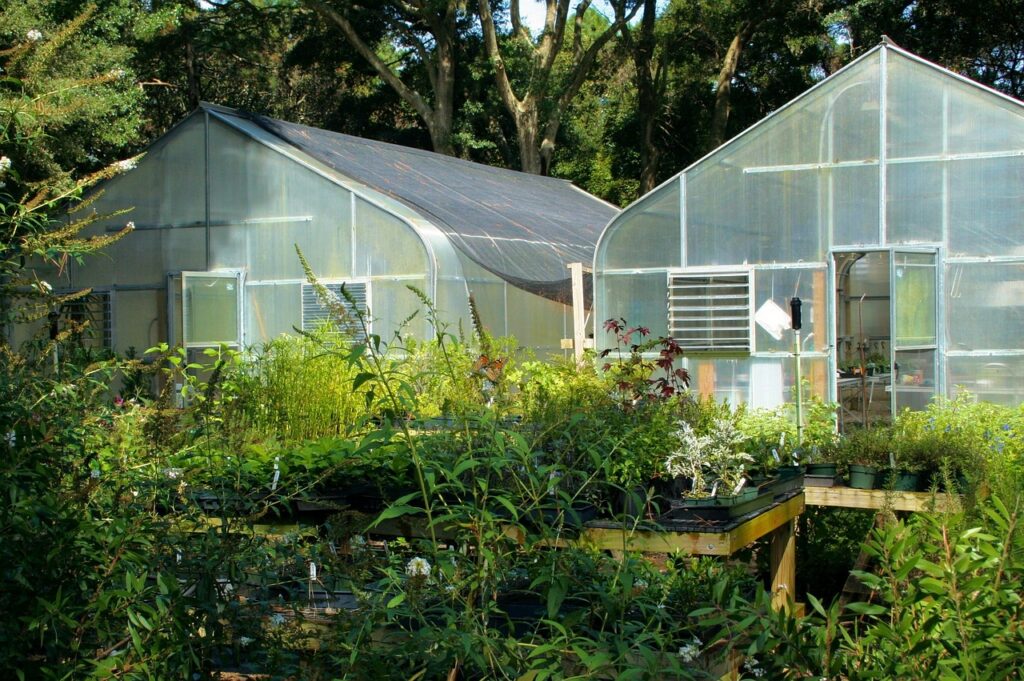
Maintaining a Weed-Free Garden
Maintaining a weed-free garden requires consistent effort and attention to detail, but the benefits of a pristine outdoor space are well worth it. One key strategy is to use mulch to prevent weed growth.
Mulching benefits your garden in many ways, as it helps to retain moisture in the soil, regulate soil temperature, and suppress weed growth by preventing sunlight from reaching the soil. Organic mulches such as straw, leaves, or wood chips also help to improve soil health as they decompose, releasing nutrients back into the soil.
Another effective strategy for maintaining a weed-free garden is companion planting. Certain plants can be planted together to help repel pests and suppress weed growth. For example, planting marigolds or nasturtiums alongside vegetables can help to deter pests and attract beneficial insects, while planting crops such as beans or peas alongside corn can help to suppress weed growth.
By choosing the right plants to grow together, you can help to create a natural and beautiful garden that is both weed-free and low-maintenance.
Frequently Asked Questions
How do weeds affect the growth of other plants in the garden?
Weeds can negatively impact nearby plants by competing for resources like water and nutrients. Some weeds also release chemicals, called allelopathic interactions, that can inhibit the growth of neighboring plants.
Can weeds be used for any beneficial purposes in the garden?
Did you know that weeds can have beneficial uses in your garden? They can be composted to create nutrient-rich soil and some weeds, like dandelions, are edible and nutritious.
Are there any natural or organic methods for controlling weeds?
You can control weeds naturally by composting them and using natural weed repellents. Composting weeds can turn them into nutrient-rich soil. Natural weed repellents like vinegar, salt, and corn gluten meal can help keep weeds at bay without harmful chemicals.
How can I prevent weeds from spreading to other areas of my property?
To prevent weeds from spreading to other areas of your property, consider using mulching techniques. Herbicide alternatives can also be effective. Apply these methods consistently and regularly to maintain a weed-free environment.
What should I do if I accidentally pull up a plant instead of a weed?
If you accidentally pull up a plant, don’t fret! Plant recovery is possible if you act fast. Common misidentifications can happen, but always double check before pulling. Replant the plant and water it well.
Conclusion
Congratulations! You now have the tools to tackle those pesky garden weeds with ease. By identifying the common weeds in your garden, you can determine the most effective control method.
Mechanical methods such as hand pulling and hoeing can be effective for small infestations, while chemical methods like herbicides can be used for larger areas. Remember to always follow the instructions and safety precautions when using chemicals.
Prevention is key to maintaining a weed-free garden. By regularly monitoring and maintaining your garden, you can prevent weeds from taking over. Use mulch to prevent weed growth and promote soil health.
By using these strategies, you can enjoy a beautiful and weed-free garden all season long. Keep up the good work!






